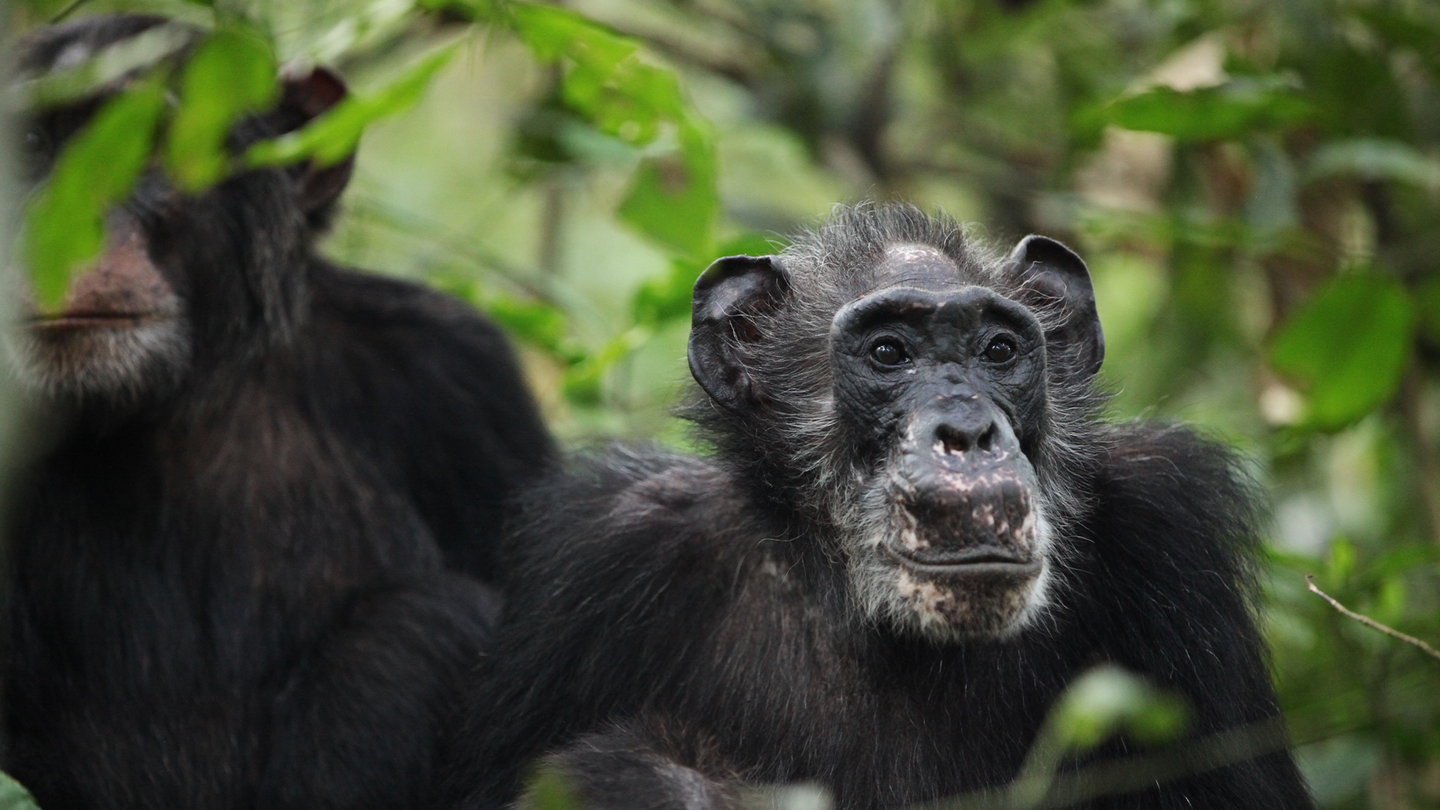MI weekly selection #533

Female chimpanzees go through menopause
Some female chimpanzees experience menopause similar to humans, according to a study of wild chimpanzees in Uganda’s Kibale National Park. Researchers analyzed urine samples from 66 female chimps and found that their hormone levels shifted around age 50 similarly to women in middle age and calculated that the female animals spend about 20% of their adult years in a post-reproductive state — though the researchers are not sure whether this is true of all chimpanzees living in different environments.
Full Story: Popular Science
A piece of the moon is stuck near Earth’s orbit
An unusual asteroid that acts as a “quasi-satellite” of Earth may actually be a chunk of the moon. The asteroid known as Kamo’oalewa, which orbits the sun but comes near Earth every April, is likely made of moon rock and entered the orbit after asteroid impacts ejected pieces of the moon into space, surprising scientists who believed that these chunks would end up back on the moon or on Earth.
Full Story: Live Science
Spy satellite photos reveal ancient Roman Empire forts
Archaeologists have discovered hundreds of previously unknown Roman forts in present-day Iraq and Syria by analyzing declassified photos from Cold War-era US spy satellites. The distribution of the forts across 300,000 square kilometers, likely built as outposts for travelers and traders, challenges the long-held assumption that the forts served as military defense along the Roman Empire’s eastern border.
Full Story: CNN
Dust is causing mountain snow to melt faster
Mountain snowpack that serves as an important water source for the western US is affected by a threat that goes unnoticed in many forecasts: dust. According to a study, low water levels in the Great Salt Lake in 2021 and 2022 caused dust from the lake bed to travel onto snow in the nearby Wasatch Mountains, which accelerated snowmelt and left the soil to dry out earlier in the season, creating a dangerous feedback loop.
Full Story: Eos
Sharks are slow to genetically evolve
Sharks have a remarkably low genetic mutation rate that has allowed the animals to exist for millions of years without much biological transformation but may also pose a threat for their future survival. In a study, researchers sequenced the genomes of a family of epaulette sharks in Australia and discovered that the sharks’ mutation rate is the lowest ever recorded in vertebrates, which hampers the species’ ability to adapt to environmental threats such as habitat loss and overfishing.
Full Story: Forbes